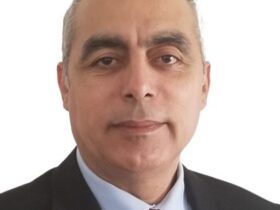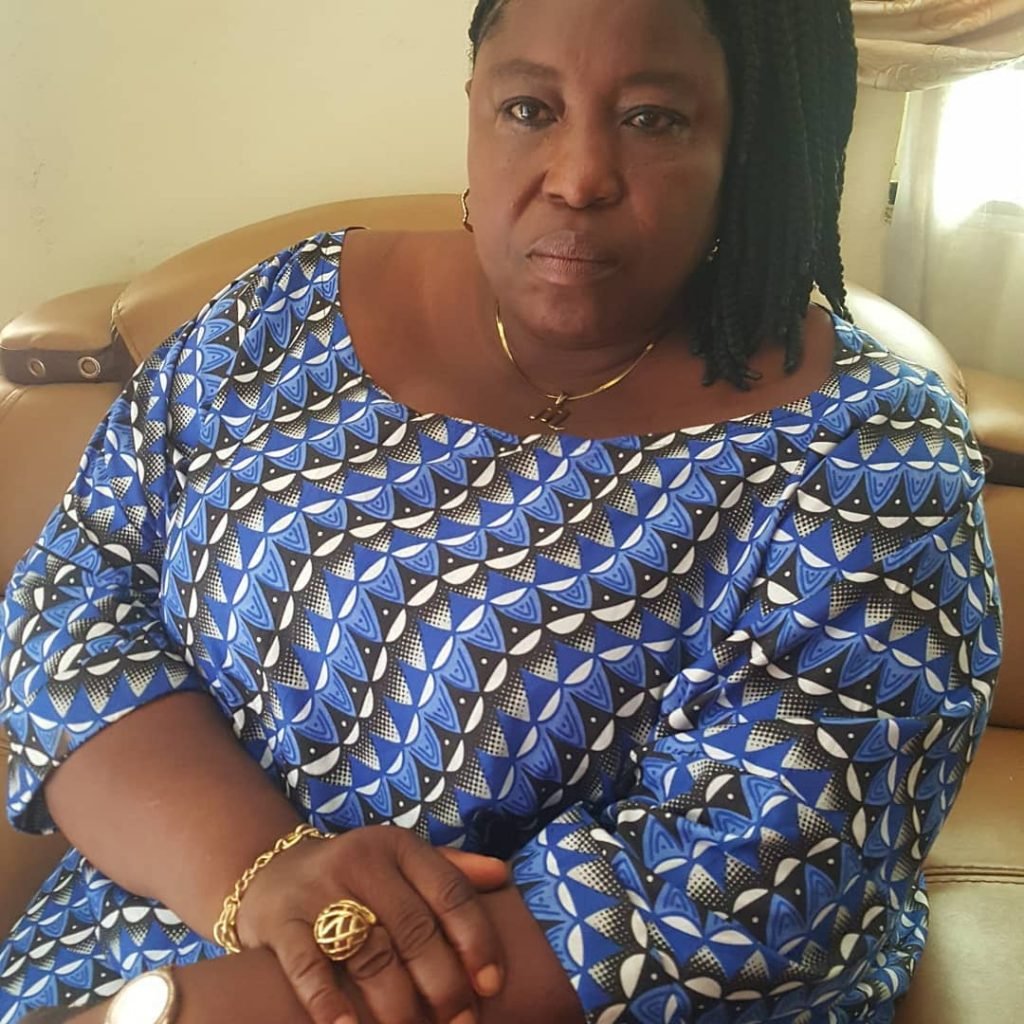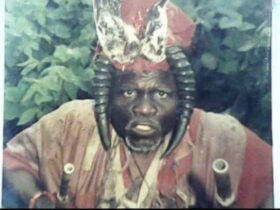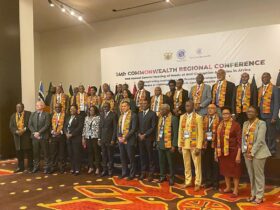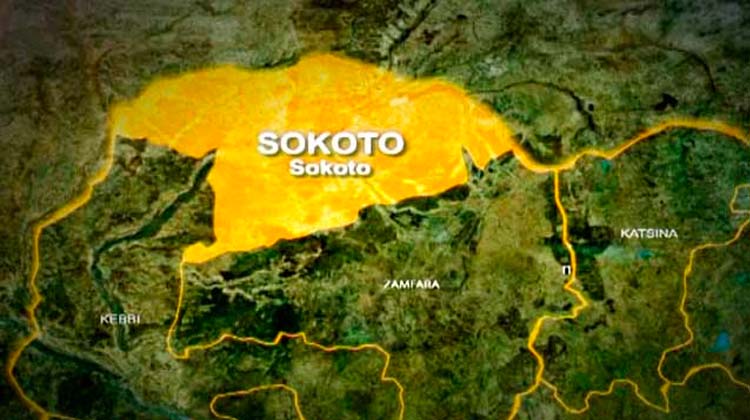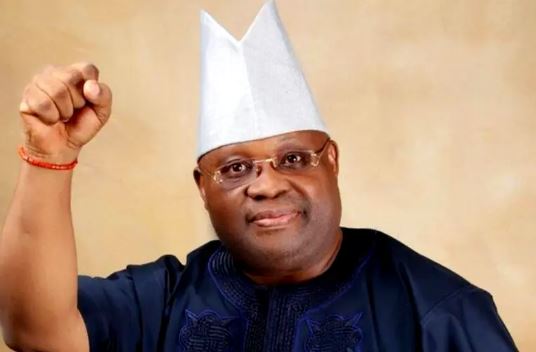Human rights lawyer, Femi Falana, SAN, has requested a coroner’s inquest into the circumstances surrounding the passing away of musician Ilerioluwa Aloba, popularly known as Mohbad.
A report revealed that Mohbad passed away on September 12, 2023, and was laid to rest just a day later.
In a formal letter addressed to the Chief Coroner of the High Court of Lagos State in Ikeja, Falana expressed deep concern about what he referred to as a “very tragic death.” He cited the Lagos State Coroner’s Law of 2007, specifically Section 15, which stipulates that an inquest should be conducted when a coroner becomes aware of a death within their district that results from violent, unnatural, or suspicious circumstances.
In the letter, dated September 18, 2023, signed and shared by Folakemi Falana via Instagram on behalf of the law firm, Falana & Associates, the urgent need for an investigation into Mohbad’s death within Lagos State was emphasised.
The letter further read, “We hereby request Your Lordship to conduct an inquest into the circumstances surrounding the tragic death in Lagos State, and we are confident that Your Lordship will accede to our request with utmost urgency.”

